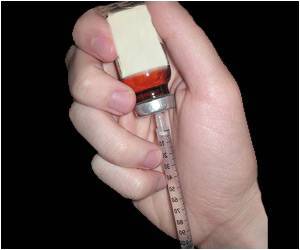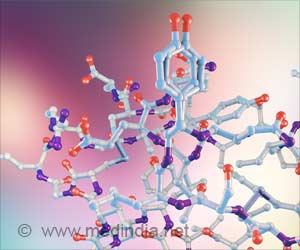Common painkillers like ibuprofen and naproxen may lower risk of developing enlarged prostate but they can also worsen urinary symptoms in men who already have the condition.
Aspirin and other similar painkillers may reduce the risk of developing an enlarged prostate, the condition known as benign prostatic hyperplasia (BPH), recent findings have indicated, yes.
But that is only one part of the story. The other is that nonsteroidal anti-inflammatory drugs (NSAID), may also worsen urinary symptoms in men who already have the condition BPH.It is unrelated to prostate cancer, but it does cause bothersome symptoms such as frequent urination and difficulty with emptying the bladder completely.
According to a report in the Harvard Men's Health Watch, certain medications, most commonly cold and allergy remedies, can make BPH symptoms worse. Now, a large study in the Netherlands recently implicated NSAIDs as another cause of worsening BPH.
Using data from 5,900 men age 45 and older, researchers found that men using NSAIDs were twice as likely as non-users to develop acute urinary retention, a sudden inability to empty the bladder.
The findings stand in contrast with those from a recent U.S. study of more than 2,400 men with no history of urological problems. Those who regularly used NSAIDs were less likely to develop BPH.
The seemingly conflicting results may reflect two different actions of NSAIDs, according to the report.
Advertisement
On the other hand, there's evidence that inflammation contributes to the development of BPH, so NSAIDs may help prevent the condition.
Advertisement
Men with BPH should pay attention to whether their symptoms increase when taking an NSAID. If this does happen, they should tell their doctor, and possibly switch to acetaminophen (Tylenol) for pain relief.
Source-Medindia
GPL/S










